Hostages safe after Texas synagogue standoff; captor dead
Advertisement
Read this article for free:
or
Already have an account? Log in here »
To continue reading, please subscribe:
Monthly Digital Subscription
$19 $0 for the first 4 weeks*
- Enjoy unlimited reading on winnipegfreepress.com
- Read the E-Edition, our digital replica newspaper
- Access News Break, our award-winning app
- Play interactive puzzles
*No charge for four weeks then billed as $19 plus GST every four weeks. Offer only available to new and qualified returning subscribers. Cancel any time.
Read unlimited articles for free today:
or
Already have an account? Log in here »
Hey there, time traveller!
This article was published 14/01/2022 (1081 days ago), so information in it may no longer be current.
COLLEYVILLE, Texas (AP) — A man held hostages for more than 10 hours Saturday at a Texas synagogue where he could be heard ranting in a livestream and demanding the release of a Pakistani neuroscientist who was convicted of trying to kill U.S. Army officers in Afghanistan.
One of the four hostages held at Congregation Beth Israel in Colleyville was released during the standoff; three others were rescued when authorities entered the building about 9 p.m., authorities said. The hostage taker was killed and FBI Special Agent in Charge Matt DeSarno said a team would investigate “the shooting incident.”
An FBI and a police spokeswoman declined to answer questions about who shot the man.
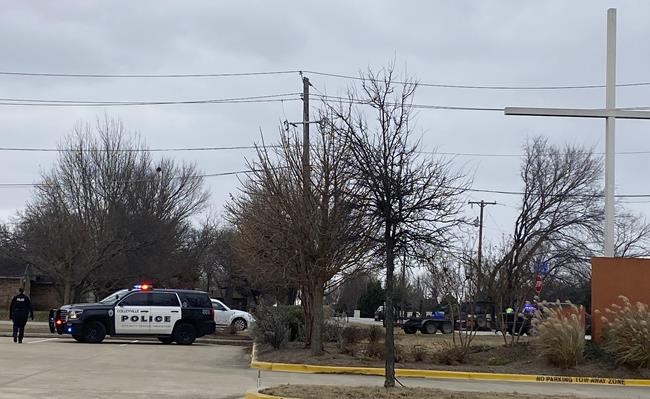
DeSarno said the hostage taker was specifically focused on an issue not directly connected to the Jewish community and there was no immediate indication that the man had was part of any broader plan, but DeSarno said the agency’s investigation “will have global reach.”
Law enforcement officials who were not authorized to discuss the ongoing investigation and spoke to the AP on the condition of anonymity earlier said that the hostage-taker demanded the release of Aafia Siddiqui, a Pakistani neuroscientist suspected of having ties to al-Qaida. He also said he wanted to be able to speak with her, according to the officials. Siddiqui is in federal prison in Texas.
DeSarno said Saturday night that the man had been identified “but we are not prepared to release his identity or confirm his identity at this time.”
A rabbi in New York City received a call from the rabbi believed to be held hostage in the synagogue to demand Siddiqui’s release, a law enforcement official said. The New York rabbi then called 911 .
Police were first called to the synagogue around 11 a.m. and people were evacuated from the surrounding neighborhood soon after that, FBI Dallas spokesperson Katie Chaumont said.
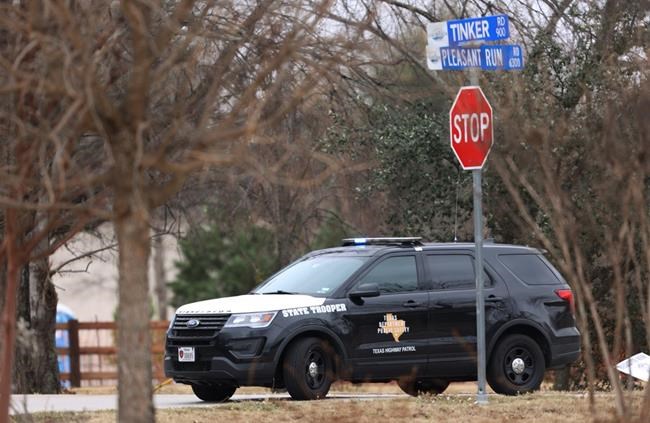
The services were being livestreamed on the synagogue’s Facebook page for a time. The Fort Worth Star-Telegram reported that an angry man could be heard ranting and talking about religion at times during the livestream, which didn’t show what was happening inside the synagogue.
Shortly before 2 p.m., the man said, “You got to do something. I don’t want to see this guy dead.” Moments later, the feed cut out. A Meta company spokesperson later confirmed that Facebook removed the video.
Multiple people heard the hostage-taker refer to Siddiqui as his “sister” on the livestream, but Faizan Syed, the executive director of Council on American-Islamic Relations in Dallas Fort-Worth Texas, told The Associated Press that Siddiqui’s brother, Mohammad Siddiqui, was not involved. Syed said CAIR’s support and prayers were with the people being held in the synagogue.
Texas resident Victoria Francis told the AP that she watched about an hour of the livestream before it cut out. She said she heard the man rant against America and claim he had a bomb.
“He was just all over the map. He was pretty irritated and the more irritated he got, he’d make more threats, like ‘I’m the guy with the bomb. If you make a mistake, this is all on you.’ And he’d laugh at that,” she said. “He was clearly in extreme distress.”
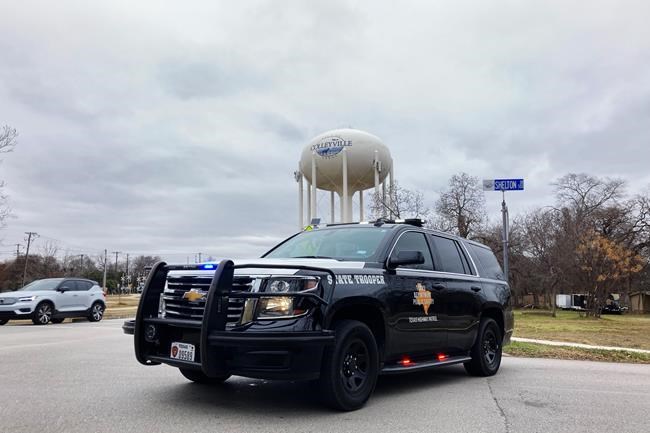
Francis, who grew up near Colleyville, tuned in after she read about the hostage situation. She said it sounded like the man was talking to the police department on the phone, with the rabbi and another person trying to help with the negotiations.
Colleyville, a community of about 26,000 people, is about 15 miles (23 kilometers) northeast of Fort Worth. The synagogue is nestled among large houses in a leafy residential neighborhood that includes several churches, a middle and elementary school and a horse farm.
Congregation Beth Israel is led by Rabbi Charlie Cytron-Walker, who has been there since 2006 as the synagogue’s first full-time rabbi. He has worked to bring a sense of spirituality, compassion and learning to the community, according to his biography, and he loves welcoming everyone, including LGBT people, into the congregation.
Anna Salton Eisen, a founder and former president of the synagogue, said the congregation has about 140 members and Cytron-Walker has worked hard to build interfaith relationships in the community, including doing pulpit swaps and participating in a community peace walk. She described Saturday’s events as “surreal.”
“This is unlike anything we’ve ever experienced. You know, it’s a small town and it’s a small congregation,” Eisen said as the hostage situation was ongoing. “No matter how it turns out it’s hard to fathom how we will all be changed by this, because surely we will be.”
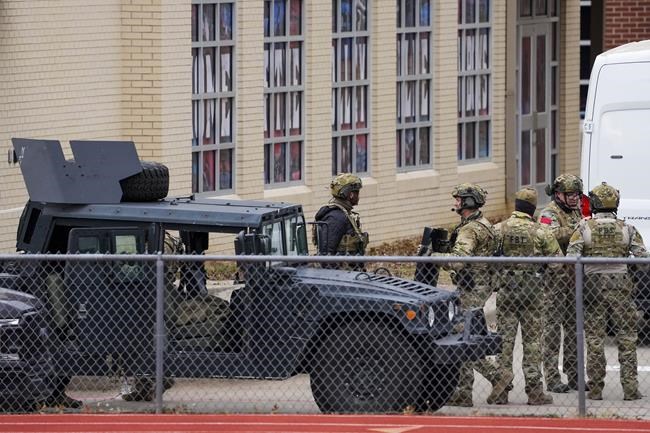
White House press secretary Jen Psaki tweeted Saturday evening that President Joe Biden had been briefed and was receiving updates from senior officials.
Israeli Prime Minister Naftali Bennett said he was monitoring the situation closely. “We pray for the safety of the hostages and rescuers,” he wrote on Twitter.
CAIR, the nation’s largest Muslim advocacy group, condemned the attack Saturday afternoon.
“This latest antisemitic attack at a house of worship is an unacceptable act of evil,” CAIR National Deputy Director Edward Ahmed Mitchell said in a statement. “We stand in solidarity with the Jewish community, and we pray that law enforcement authorities are able to swiftly and safely free the hostages. No cause can justify or excuse this crime.”
Siddiqui earned advanced degrees from Brandeis University and the Massachusetts Institute of Technology before she was sentenced in 2010 to 86 years in prison on charges that she assaulted and shot at U.S. Army officers after being detained in Afghanistan two years earlier. The punishment sparked outrage in Pakistan among political leaders and her supporters, who viewed her as victimized by the American criminal justice system.
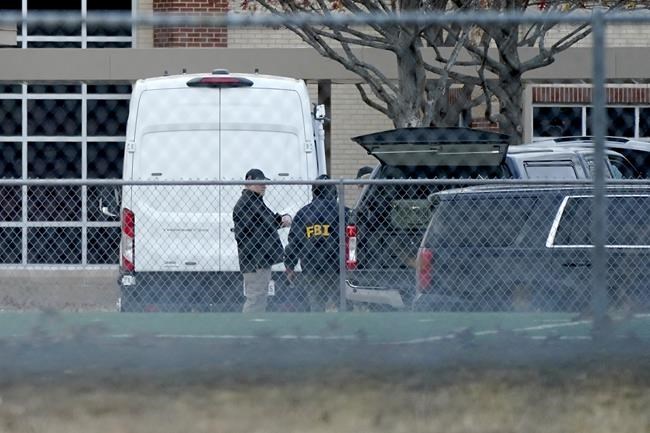
In the years since, Pakistan officials have expressed interest publicly in any sort of deal or swap that could result in her release from U.S. custody, and her case has continued to draw attention from supporters. In 2018, for instance, an Ohio man who prosecutors say planned to fly to Texas and attack the prison where Siddiqui is being held in an attempt to free her was sentenced to 22 years in prison.
___
Tucker and Balsamo reported from Washington, D.C.; Associated Press writers Jennifer McDermott in Providence, Rhode Island; Michael R. Sisak in New York; Holly Meyer in Nashville, Tenn.; Acacia Coronado in Austin, Texas; and Issac Scharf in Jerusalem contributed to this report.
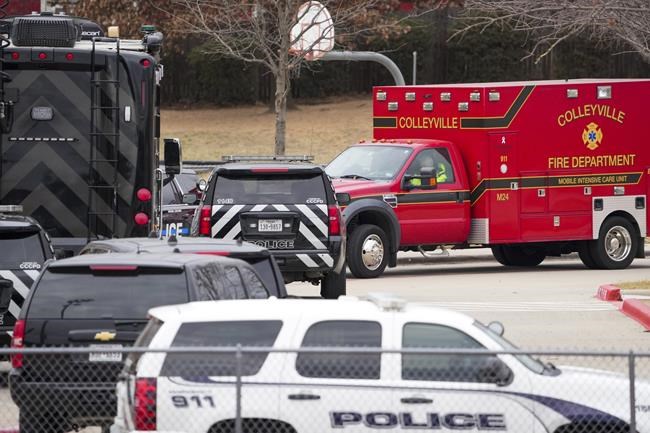
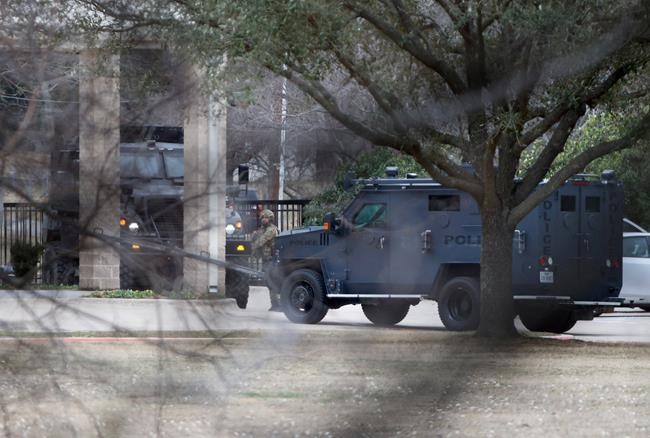
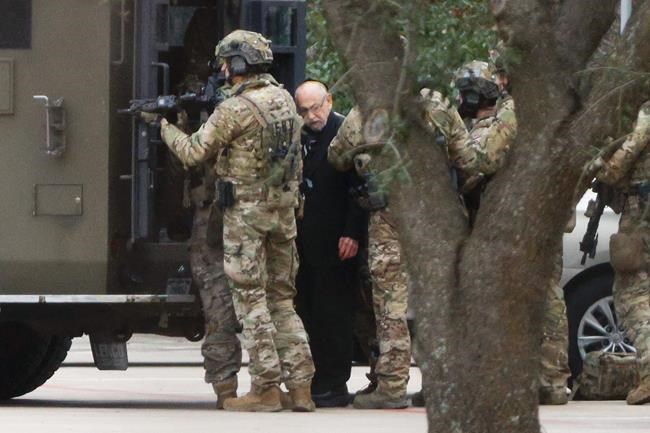
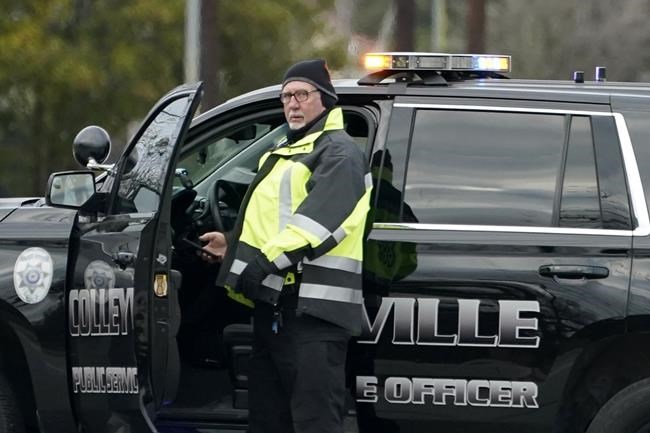
The Free Press acknowledges the financial support it receives from members of the city’s faith community, which makes our coverage of religion possible.


